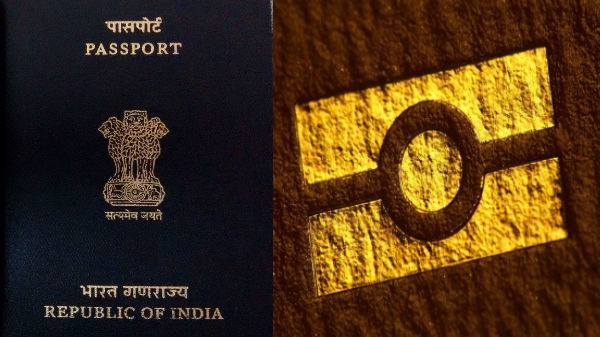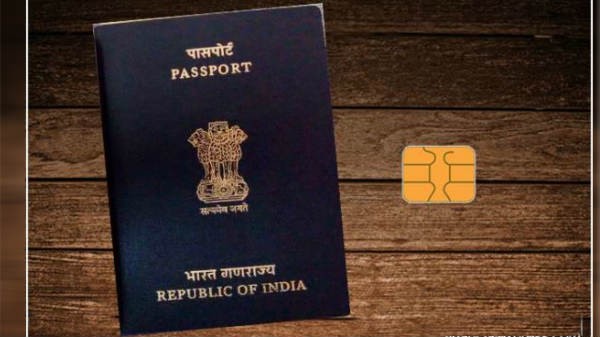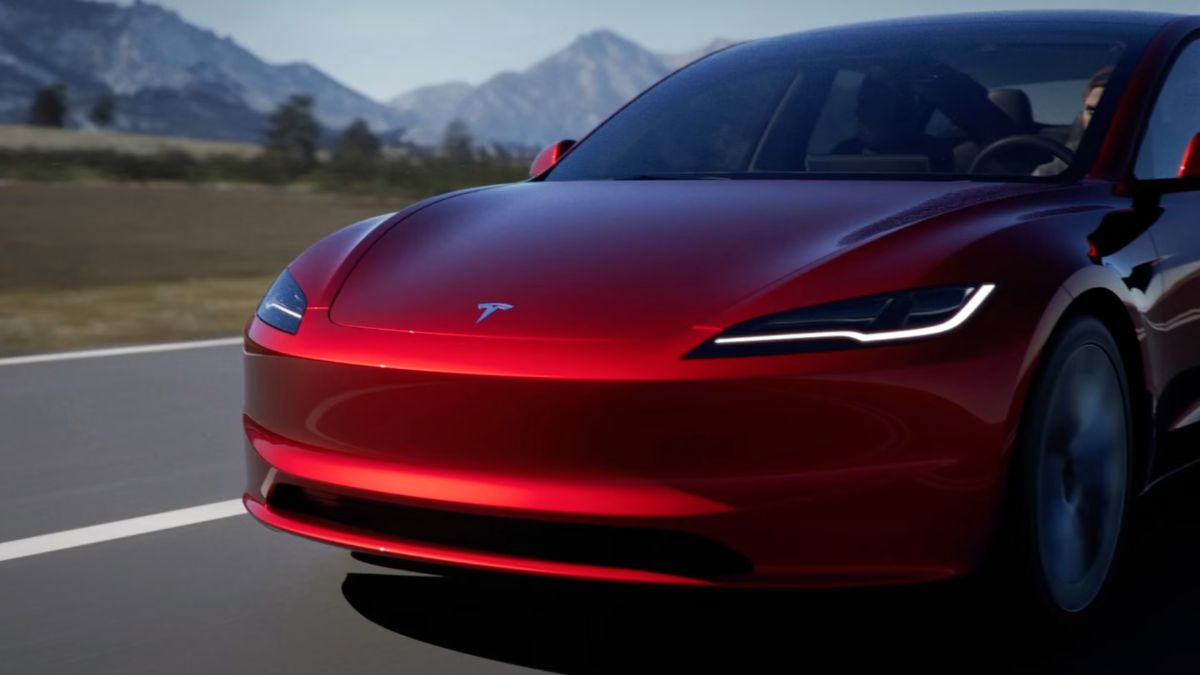Just In
- 7 hrs ago

- 1 day ago

- 1 day ago

- 1 day ago

Don't Miss
- News
 Stones Hurled At TDP Chief N Chandrababu Naidu At Gajuwaka
Stones Hurled At TDP Chief N Chandrababu Naidu At Gajuwaka - Movies
 Aavesham Worldwide Box Office Collection: Fahadh Faasil's Film Approaches ₹50 Crore Mark Globally
Aavesham Worldwide Box Office Collection: Fahadh Faasil's Film Approaches ₹50 Crore Mark Globally - Sports
 IPL 2024: Kolkata Knight Riders thrash Lucknow Super Giants 8 wickets at Eden Gardens
IPL 2024: Kolkata Knight Riders thrash Lucknow Super Giants 8 wickets at Eden Gardens - Finance
 Gold Price India, April 14: Yellow Metal Prices Are Highest In Chennai After Latest Surge
Gold Price India, April 14: Yellow Metal Prices Are Highest In Chennai After Latest Surge - Lifestyle
 Chaitra Navratri 2024 Day 7: B-Town Beauties White Wardrobe Guide To Mark This Day
Chaitra Navratri 2024 Day 7: B-Town Beauties White Wardrobe Guide To Mark This Day - Education
 10 Reasons Gen Z Should Be Grateful to Dr. B.R. Ambedkar
10 Reasons Gen Z Should Be Grateful to Dr. B.R. Ambedkar - Automobiles
 Simple Steps To Keep Car Audio System In Peak Condition: Top Maintenance Tips
Simple Steps To Keep Car Audio System In Peak Condition: Top Maintenance Tips - Travel
Maximise Your First Indian Adventure With These Travel Tips
E-Passport Explained: What Is It, How To Apply And Take Benefits
Your passports are going to be smarter soon. According to reports, India's ambitious e-passport project is finally taking shape, with the plan to roll out e-passports by the end of 2022. The IT giant TCS has been appointed to facilitate India's largest mission-critical governance programme to date.
Notably, the new chip-based E-Passports will bring several benefits to citizens and authorities. While the idea might be new to Indians, over 120 countries already use the E-Passports, including some neighboring countries like Pakistan, Nepal and Bangladesh

Here's everything you need to know about chip-based E-Passports for India.

What Is An E-Passport?
In simple words, the E-Passport will be the smarter version of your regular passport. They might look like any regular passport; however, they will carry a small electronic chip to store critical information of the owner such as name, date of birth, address, digital signature and biometrics data. The electronic chip inside will essentially be a 'Radio Frequency Identification (RFID) chip with an antenna embedded as an inlay in the back cover.
E-Passports aren't a new concept or a technology. Let's dive into the details.

E-Passport Benefits
The E-Passport will offer benefits to both the citizens and authorities. By using chip-embedded documents, airport officials will be able to verify travellers' details quickly to speed up the process at airports, thus saving time and hassle at busy airports like New Delhi and Mumbai. Smart passports also enhance security by reducing document duplication and data tampering.
Document tampering will be extremely difficult on the E-Passports as the stored data is difficult to replicate and copy. Countries with E-Passports have reported fewer instances of circulation of fake passports.

Who Will Make E-Passports In India?
The IT giant TCL is overseeing the ambitious 'Digital India' project. According to a report by Economic Times, the IT company will also set up a new command and control centre with the Ministry of External Affairs (MEA) and a new data centre that will support all the backend requirements of the project. Earlier this year, the MEA renewed its 10-year Passport Seva Kendra (PSK) deal worth more than Rs 6,000 crore with the firm.

How To Get E-Passports, Launch Timeline & More
E-Passports can start rolling out soon. As per the information shared by a TCL employee, the MEA is looking at a launch timeline for chip-based e-passports within 2022. You won't need any extra set of documents for the E-Passport application. The process will remain largely similar with the same set of documents such as Aadhar card/Voter ID card/Birth certificate, electricity bill/telephone bill/rent agreement, etc.
Standard passport holders will receive new chip-embedded E-Passports during the renewal process; however, we expect authorities to release some details regarding the early application for E-Passports by standard passport holders.
-
99,999
-
1,29,999
-
69,999
-
41,999
-
64,999
-
99,999
-
29,999
-
63,999
-
39,999
-
1,56,900
-
79,900
-
1,39,900
-
1,29,900
-
65,900
-
1,56,900
-
1,30,990
-
76,990
-
16,499
-
30,700
-
12,999
-
3,999
-
2,500
-
3,599
-
8,893
-
13,999
-
32,999
-
9,990
-
14,999
-
12,999
-
12,999











![Watch BlackBerry Passport Unboxing [VIDEO]](https://images.gizbot.com/fit-in/157x88/img/2014/11/25-watchblackberrypassportunboxing.jpg)
































